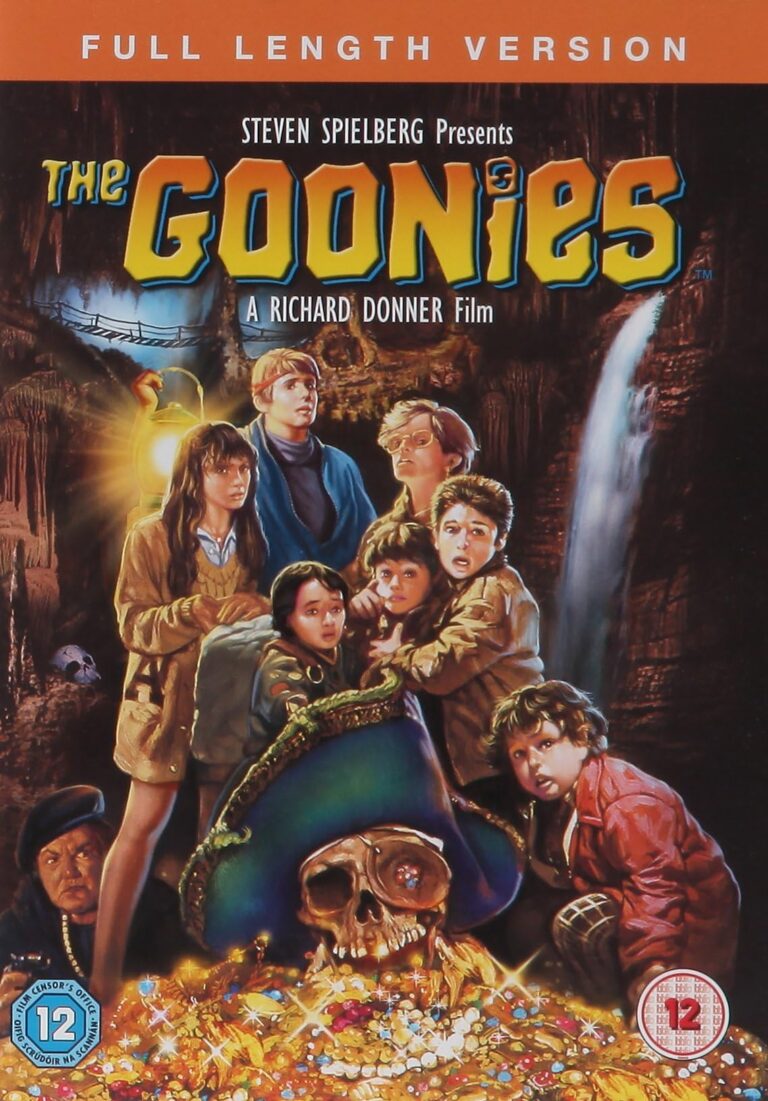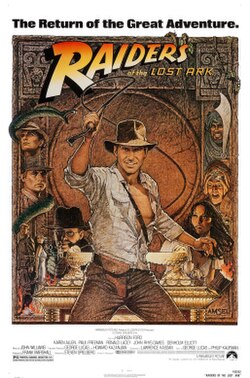
Introduction
The release of Marvel’s Black Panther in 2018 marked a pivotal moment in cinema, not only for its groundbreaking storytelling but also for its representation of African culture and the African diaspora. The film’s significance extends far beyond the box office; it has spurred discussions on race, identity, and representation in the entertainment industry. In Canada, these conversations have been particularly relevant amid ongoing discussions surrounding inclusivity and diversity in media.
Box Office Success and Cultural Relevance
Black Panther became a cultural phenomenon upon its release, grossing over $1.3 billion worldwide. It made history as the first superhero film to be nominated for a Best Picture Oscar, an achievement that highlights its influential role in changing perceptions about superhero films, particularly those featuring predominantly Black casts. Critics praised the film’s rich narrative, which centered on the fictional African nation of Wakanda and its technological advancements juxtaposed with cultural traditions.
Representation in Media
As Black Panther showcased a predominantly Black cast, featuring actors like Chadwick Boseman, Lupita Nyong’o, and Michael B. Jordan, it broke stereotypes and challenged Hollywood norms. The film’s representation was critical not only for Black audiences but also for the film industry, proving that stories centered on Black experiences can flourish commercially and artistically. In Canada, where multiculturalism is part of the social fabric, the film has inspired local filmmakers to create more inclusive content, paving the way for a broader range of narratives.
Social Impact
Beyond its cinematic success, Black Panther has had a significant social impact. It has become a point of pride for Black communities worldwide and has fostered a sense of unity. Events like the ‘Black Panther Challenge’ saw individuals raise funds to purchase tickets for underprivileged children to see the film, highlighting its role as a source of inspiration and hope. In communities across Canada, screenings and discussions have emerged, focusing on themes of empowerment and social justice, drawing connections between the film’s narrative and real-world issues such as racism and inequality.
Conclusion
As we look towards the future, the impact of Black Panther continues to resonate across various spheres. With the anticipated release of sequels and related projects, its legacy prompts continuous dialogue about race, representation, and the importance of diversity in storytelling. For readers and film enthusiasts in Canada, Black Panther serves not only as an entertaining film but as a catalyst for meaningful conversations that can lead to greater understanding and change within society. As audiences demand more diverse narratives, films like Black Panther pave the way for a more inclusive entertainment landscape.






